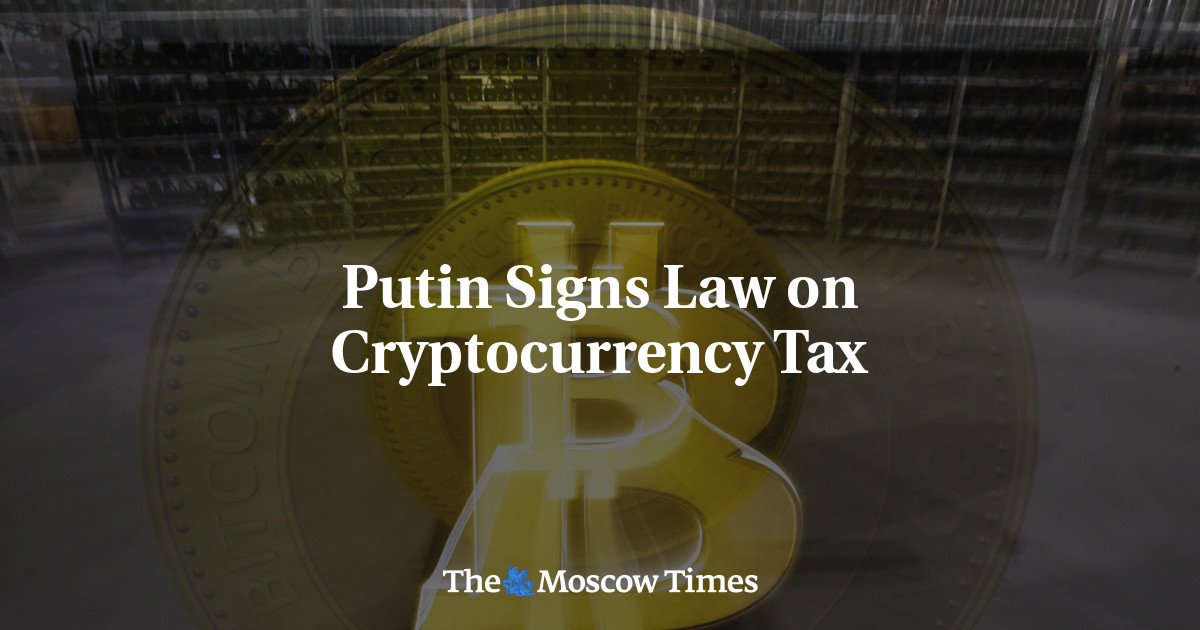Putin's New Cryptocurrency Tax Law
President Vladimir Putin has officially signed a law that lays down the legal framework for taxing cryptocurrency mining and transactions in Russia. This move is part of the country's broader efforts to regulate its burgeoning cryptocurrency industry.
Key Provisions of the Law
- The new legislation recognizes digital currency as property under amendments to Russia’s Tax Code.
- While it exempts cryptocurrency mining and sales from VAT, it requires mining operators to report to local authorities, with penalties of up to 40,000 rubles (approximately $380) for non-compliance.
- Cryptocurrency trading will be taxed at 13% for earnings up to 2.4 million rubles ($22,300) and 15% for earnings above that threshold.
- For corporate entities, the standard corporate tax rate of 25% will apply starting next year.
- Most provisions of the law are expected to take effect immediately, with some exceptions.
Economic Impact
Russia, known as a global leader in cryptocurrency mining, anticipates collecting up to 200 billion rubles (around $2 billion) annually from miners under this new law.
Broader Implications
In addition to the new tax law, Russia's tax service has launched a database for government-approved large-scale miners. Another law allows the Central Bank to initiate a pilot project for cross-border cryptocurrency transactions. This initiative is seen as a means for Russia to engage in international trade, potentially circumventing sanctions and making it easier to obtain banned goods.
The U.S. has warned that it may impose sanctions on banks in nations that assist Russia in acquiring restricted military goods or engaging with sanctioned Russian companies.








Comments
Join Our Community
Sign up to share your thoughts, engage with others, and become part of our growing community.
No comments yet
Be the first to share your thoughts and start the conversation!